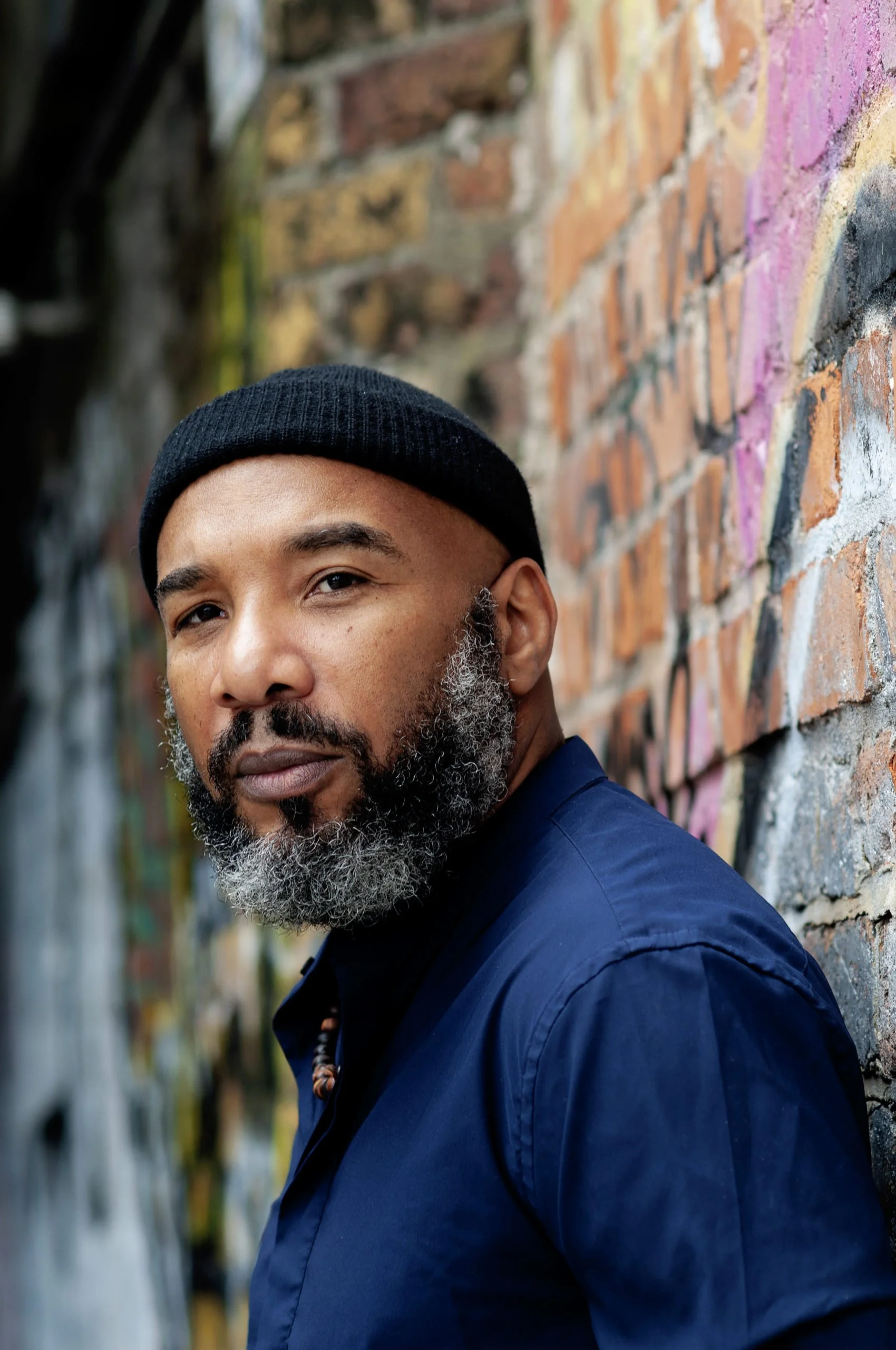KAREN M. McMANUS
/NYTimes Bestselling Author of Nothing More to Tell, One of Us is Lying
Well, I had a wonderful teacher in second grade who kind of inspired me to start writing and really stuck with me through elementary school and beyond as I made attempts to find my voice, but think part of the reason it never really went anywhere for me as a young person was because I was too afraid to share that with anyone except for that one teacher. I never showed friends. I didn't even really show family. I just always felt that it wasn't quite good enough. And so the thing I always tell writers now if they ask for, you know, "What's one tip?" It's let someone else tell you no, because I just told myself no for pretty much my entire young adulthood. And once I let other people tell me no, they did a lot, you know, but that is how I got better.







